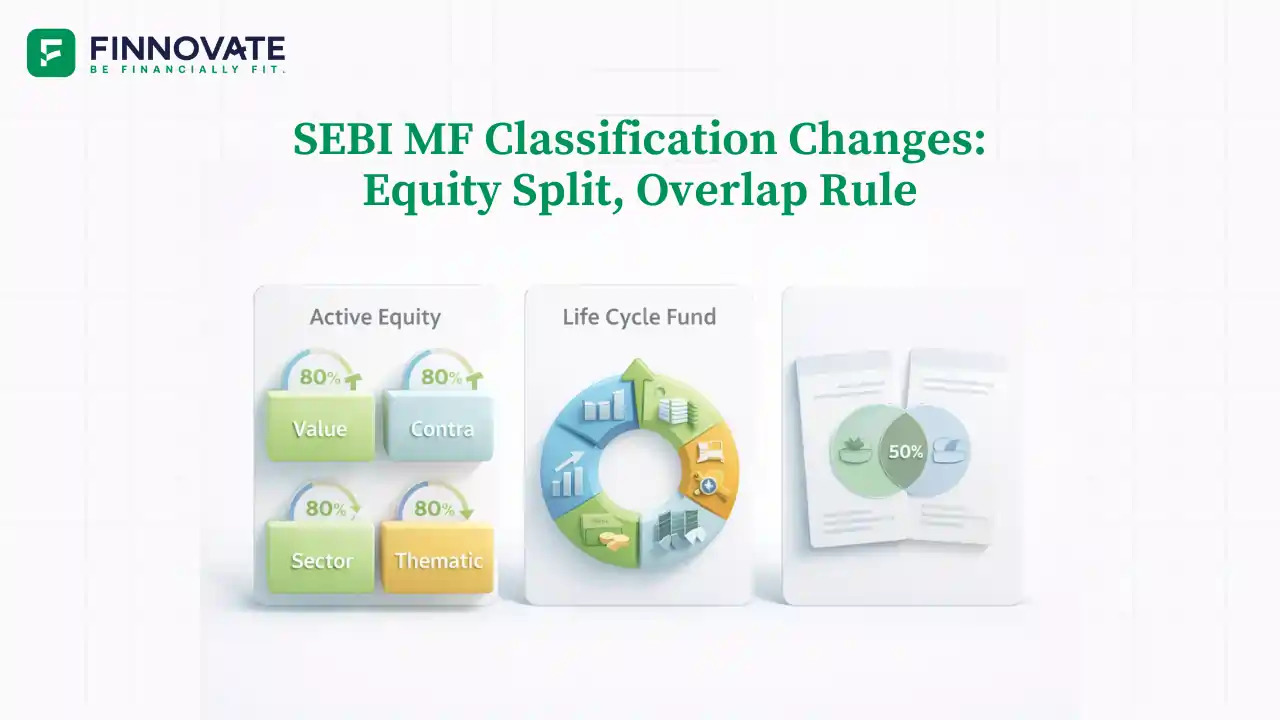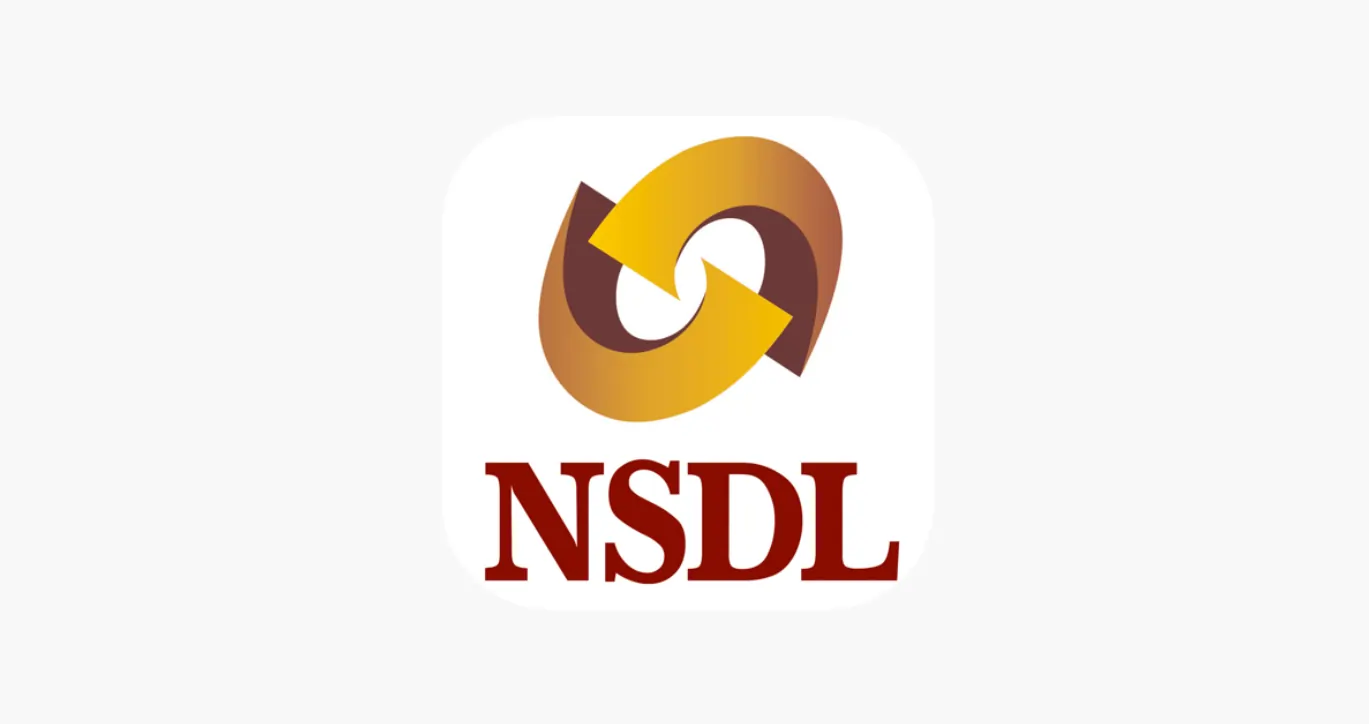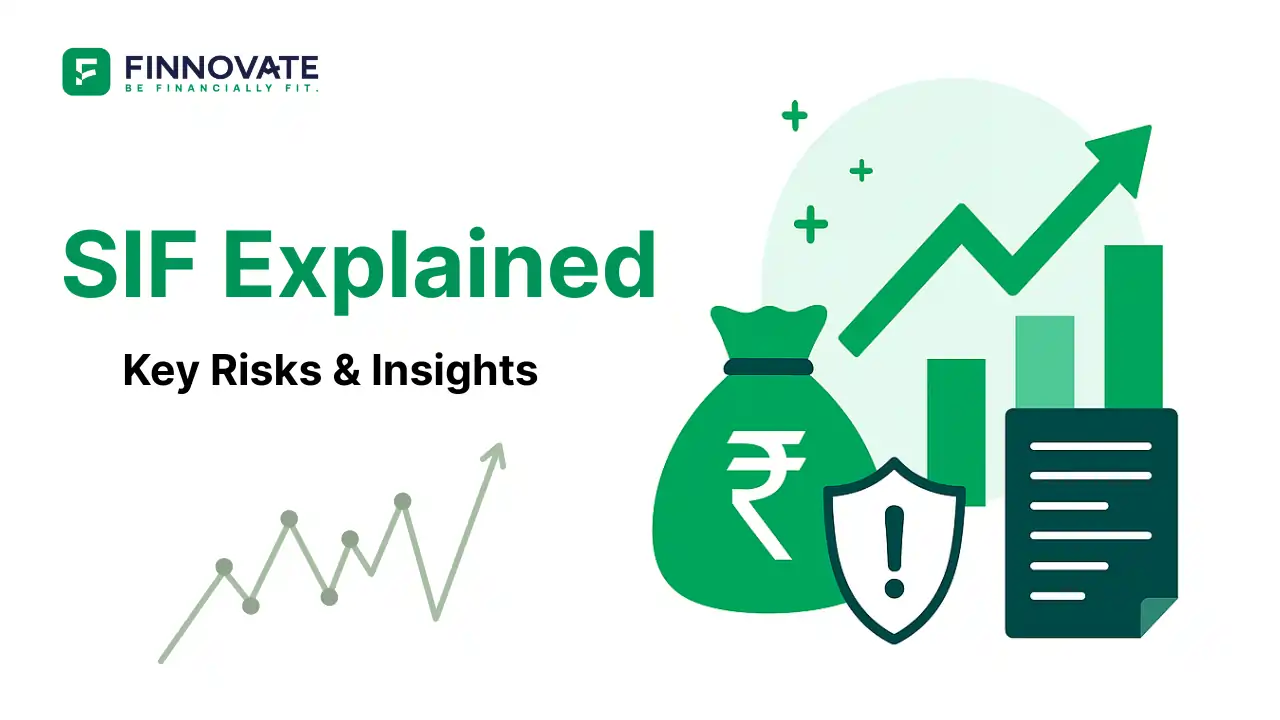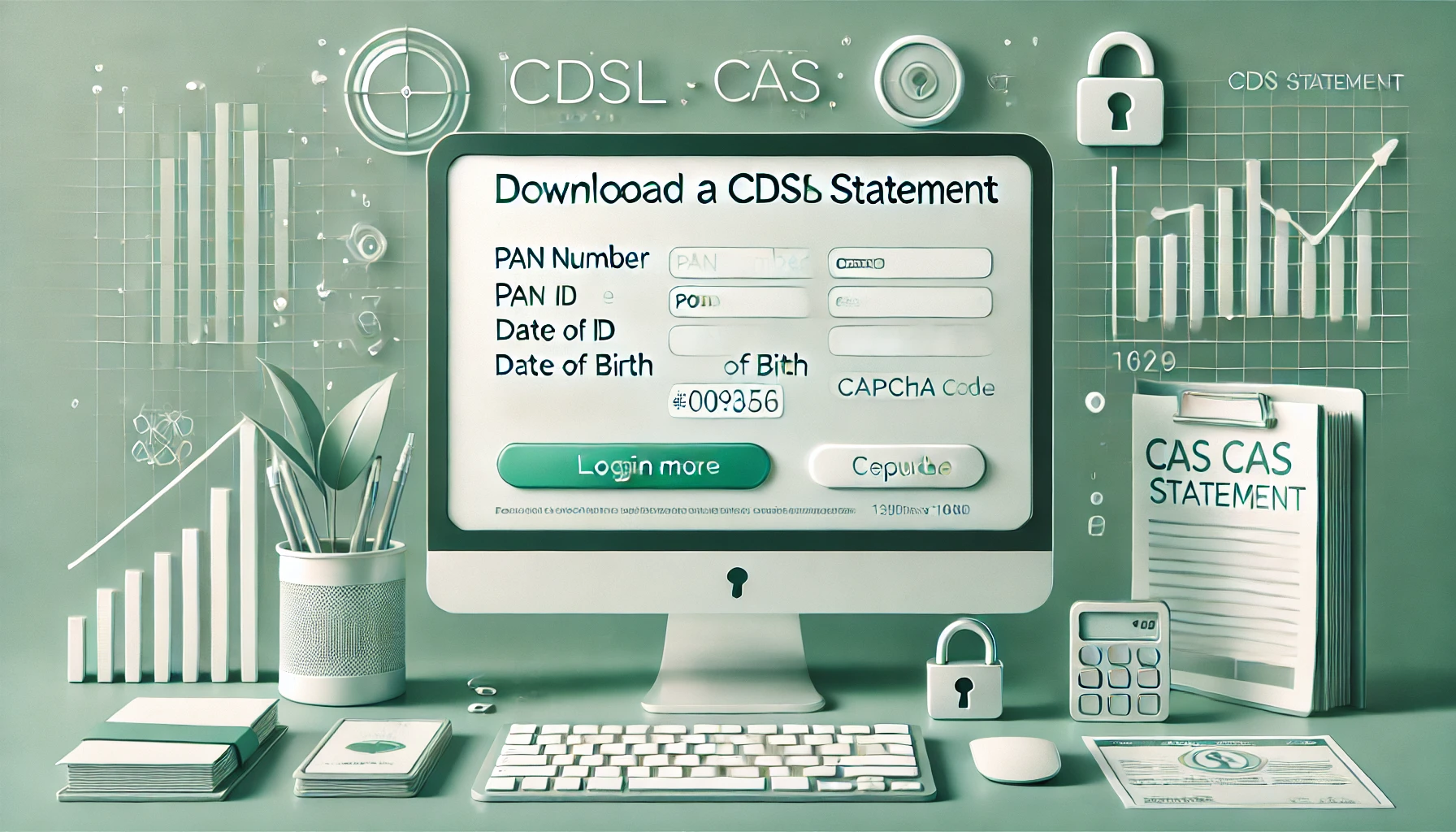
SEBI MF Classification Changes: Equity Split, Overlap Rule
SEBI updates mutual fund classification: active equity categories expand, 80% equity thres...
Ever felt overwhelmed by the sheer number of mutual funds available in the market? You're not alone. Understanding the world of investments can be tricky, and that's where a SEBI registered mutual fund advisor in India steps in to simplify the process. A mutual fund advisor is a professional who guides you through selecting and managing mutual fund investments that align with your financial goals. In this blog, we'll explore how to become a certified mutual fund advisor, what mutual fund advisors do, their responsibilities, and how you can choose the right one for your investment journey.
Investing isn't just about picking a fund and hoping for the best. With thousands of mutual funds out there, each with its own risks and benefits, making the right choice can feel like finding a needle in a haystack. That's where mutual fund advisors come into play. They provide professional guidance to help you make sense of this complex landscape, ensuring your investments align with your financial goals and risk tolerance.
So, what exactly is a mutual fund advisor? In simple terms, a certified mutual fund advisor in India is a financial professional who specializes in mutual funds and is often regulated by SEBI and AMFI. They help investors like you select the right mutual funds based on your investment objectives, risk appetite, and time horizon. Unlike brokers who may simply execute trades, mutual fund advisors offer personalized advice and ongoing portfolio management.
You might be wondering, "Do I really need a mutual fund advisor?" Well, consider this:
Think of them as your best mutual fund advisor, acting as your financial co-pilot, helping you steer through market turbulence and reach your destination safely.
Choosing the right mutual fund advisor can significantly impact your investment success. Here's what you should evaluate:
Make sure they are a SEBI registered mutual fund advisor and have cleared the necessary NISM certification. This assures you that the advisor meets India’s regulatory standards and is legally allowed to guide you.
Beyond certifications, a good advisor brings real-world knowledge. Ask how long they’ve been advising, what types of clients they serve, and whether they’ve successfully handled volatile markets.
Advisors may earn through commissions, direct fees, or both. Ask upfront how they’re compensated - and ensure their payment model doesn’t cloud their fund recommendations.
A trustworthy advisor won’t recommend funds just because they perform well on paper. They'll evaluate your personal risk tolerance and suggest schemes that fit your comfort and goals.
Whether you're working with a local mutual fund advisor near you or virtually, clear communication is essential. You should be able to reach them when needed and understand their explanations.
The best mutual fund advisors offer more than a one-time recommendation - they help you review and rebalance your portfolio as your life changes.
Selecting the best mutual fund advisor for your needs in India can make a world of difference in your investment journey. Here's what to look for:
Red Flags to Avoid:
Looking for professional guidance tailored to your financial goals? Check out our Equity Advisory Plan to get started today!
If you’re looking to start a career as a mutual fund advisor in India, here are the basic requirements you’ll need to meet:
In India, mutual fund advisors must meet certain qualifications to practice professionally:
These qualifications ensure that advisors are knowledgeable and operate within ethical guidelines.
Interested in becoming a certified mutual fund advisor in India? Here's a step-by-step guide to help you get started on your professional journey:
Visit the official website of the National Institute of Securities Markets (NISM) and register for the NISM Series V-A Mutual Fund Distributors Certification Examination. This exam is required to become a SEBI registered mutual fund advisor. The exam fee is ₹1,500 + GST. Study materials are available in PDF or hard copy formats.
If you have over 10 years of experience in mutual fund distribution, you can also complete the CPE (Continuing Professional Education) program instead. It involves 6 hours of classroom training and costs ₹2,500.
After taking the exam, you'll receive your results immediately. A digital certificate will be available on the NISM portal, with a physical copy delivered within 30 working days. Once you pass, you’re eligible to operate as a mutual fund agent or advisor. The certificate is valid for 3 years.
Next, you’ll need to complete the Know Your Distributor (KYD) process. This includes biometric verification and document submission via CAMS (Computer Age Management Services). It’s required when applying for an ARN (AMFI Registration Number) from the Association of Mutual Funds in India (AMFI).
You’ll need to submit your PAN, personal details, and NISM certificate number. After successful verification, your ARN will be issued, allowing you to legally offer mutual fund advice in India.
With your ARN ready, you're officially a mutual fund advisor in India. You can now:
Understanding how advisors earn their keep is crucial for a transparent relationship. Payment structures typically fall into three categories:
| Payment Structure | Description |
|---|---|
| Commission-Based | Advisor earns commissions from fund companies when you invest. |
| Fee-Based | You pay the advisor a fee, either flat or as a percentage of assets managed. |
| Hybrid Model | Combination of commissions and fees. |
Impact on Returns: Fees and commissions can affect your overall returns, so it's important to discuss payment structures upfront.
SEBI registered mutual fund advisors must follow strict guidelines to protect investors' interests:
These guidelines aim to foster trust and integrity in the advisor-client relationship.
Let's consider the story of Ramesh, a 40-year-old professional aiming for early retirement. Initially, he invested in mutual funds based on tips from friends and online forums. After three years, his portfolio was underperforming, and he felt uncertain about his investment choices.
He decided to consult a mutual fund advisor who:
Within a year, Ramesh saw significant improvement in his portfolio's performance and felt more confident about reaching his retirement goals.
Even with professional help, it's important to stay vigilant. Here's what to watch out for:
Tips for a Healthy Advisor Relationship:
Investing in mutual funds doesn't have to be a solo journey fraught with uncertainty. With the right mutual fund advisor by your side, you can confidently work towards your financial goals. Whether you're just starting out or looking to optimize your existing portfolio, professional guidance can make all the difference. Ready to take the next step? Feel free to reach out and start your investment journey today!
Look for advisors who are NISM-certified and registered with SEBI. Experience and positive client testimonials are also important indicators of credibility.
They can be compensated through commissions from fund companies, fees charged to clients, or a combination of both. It's important to discuss and understand the fee structure upfront.
A financial advisor offers comprehensive financial planning services, including budgeting, insurance, and retirement planning. An investment advisor focuses specifically on managing your investment portfolio.
Yes, you can invest directly through fund houses or online platforms. However, a mutual fund advisor can provide personalized guidance, which might enhance your investment strategy and returns.
They typically use questionnaires and in-depth discussions to assess your financial situation, investment goals, and comfort level with risk.
SEBI mandates advisors to maintain transparency, ensure the suitability of investment recommendations, and comply with ethical and regulatory standards to protect investors.
No spam. Only new posts, simple explainers, and practical money checklists for busy professionals.
Finnovate is a SEBI-registered financial planning firm that helps professionals bring structure and purpose to their money. Over 3,500+ families have trusted our disciplined process to plan their goals - safely, surely, and swiftly.
Our team constantly tracks market trends, policy changes, and investment opportunities like the ones featured in this Weekly Capsule - to help you make informed, confident financial decisions.
Learn more about our approach and how we work with you:
Popular now

Learn how to easily download your NSDL CAS Statement in PDF format with our step-by-step g...

Explore what Specialised Investment Funds (SIFs) are, their benefits, taxation, minimum in...

Looking for the best financial freedom books? Here’s a handpicked 2026 reading list with...

Learn How to Download Your CDSL CAS Statement with our step-by-step guide. Easy instructio...